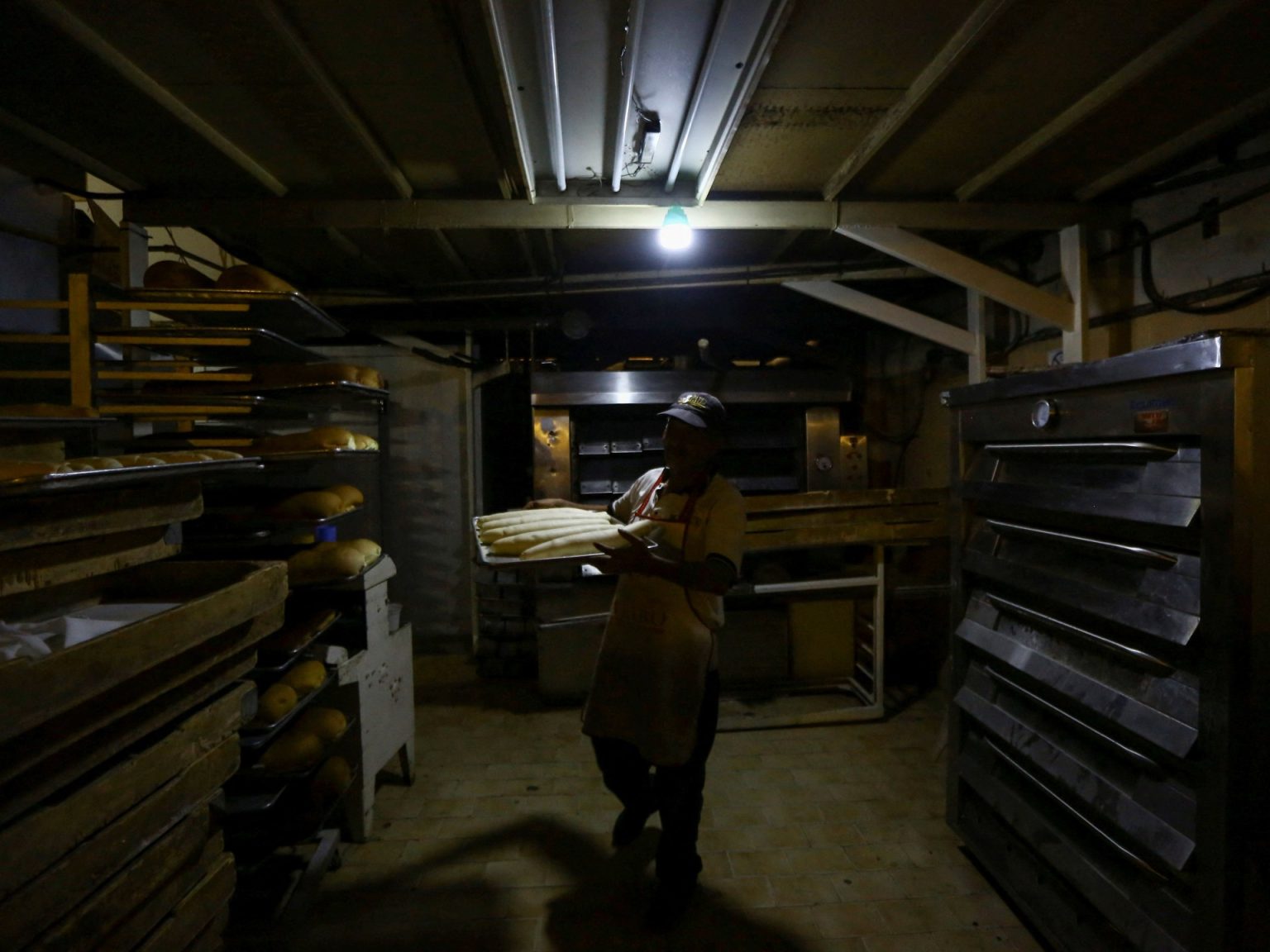Venezuela experienced a nationwide power outage that affected almost the entire country, leading to chaos and uncertainty among residents. The government, led by President Nicolas Maduro, blamed the blackout on sabotage, a claim that has been made in the past when similar incidents occurred. The blackout, which began in the early hours of Friday, August 30, affected all 24 states in Venezuela, leaving many without electricity for an extended period of time.
Despite the government’s assurances that power would gradually return, residents were still preparing for the worst by stocking up on essentials like food and fuel. Many feared a repeat of the massive blackout that occurred in March 2019, which lasted for several days and caused widespread disruption. The blackout in 2019 was also attributed to sabotage and attacks on the power grid, leading to concerns that Venezuela’s infrastructure is vulnerable to such incidents in the future.
The ongoing political crisis in Venezuela, fueled by a disputed presidential election in July, has further complicated the situation. Both the government and the opposition claim victory in the election, but full vote tallies have not been released, leading to increased tensions. This has resulted in a crackdown on opposition figures, with arrests and investigations targeting those who have challenged the government’s authority.
Amid the chaos caused by the power outage, the government has implemented “anti-coup protocols” to maintain control and stability in the country. The blackout has raised concerns about the overall security and reliability of Venezuela’s electrical system, as well as the potential for more disruptions in the future. The government’s response to the outage, including blaming sabotage and implementing security measures, reflects the ongoing political and social challenges facing the country.
As Venezuela struggles to recover from the latest blackout, residents are left to deal with the uncertainty and disruptions caused by the power outage. The continued political turmoil, along with the economic and social challenges facing the country, further complicate the situation and raise questions about the government’s ability to address the underlying issues contributing to the instability. The impact of the blackout on the daily lives of Venezuelans, as well as the broader implications for the country’s future, remain uncertain as the situation continues to unfold.


